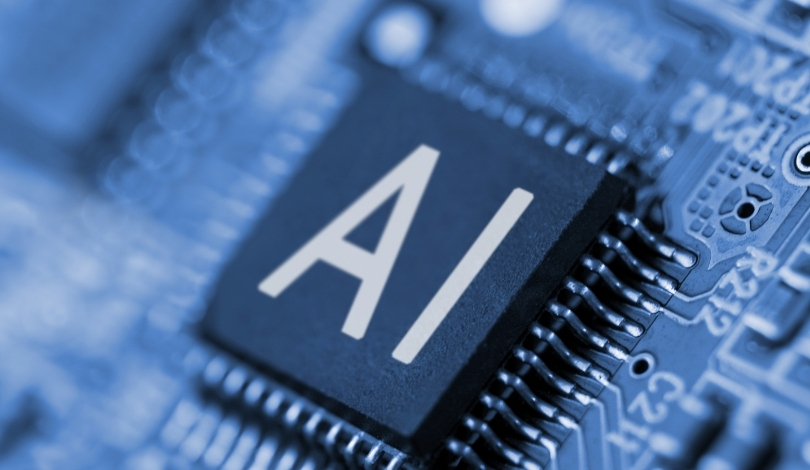A recent survey, conducted by Nikkei Research and released by Reuters, reveals Japanese companies’ cautious stance on adopting artificial intelligence technologies. The survey, which took place between July 3 and July 12, involved 506 companies, with approximately half responding. This study provides a comprehensive overview of the tensions between embracing advanced technology and managing cybersecurity risks in Japan’s corporate sector.
Technological Divide
The survey results highlight a notable split in AI adoption among Japanese businesses. While 24% of companies reported integrating AI into their operations, a significant 41% have no plans to implement AI. An additional 35% anticipate adopting AI in the future, illustrating a mixed approach towards technological advancements across the sector.
Companies that have ventured into AI adoption cited various reasons for their decision. Addressing labor shortages was the primary motive for 60% of respondents, reflecting concerns in Japan’s aging society. Another 53% aimed to reduce labor costs, while 36% saw potential in using AI to accelerate research and development efforts.
Challenges in AI Integration
Despite recognizing the benefits, several companies face significant barriers to AI implementation. Concerns over employee anxiety regarding potential job losses were prominent. Additionally, a lack of technological expertise, substantial capital expenditure requirements, and uncertainties about AI’s reliability contribute to the hesitation among many businesses.
Cybersecurity also emerged as a significant concern, with 15% of companies reporting cyberattacks in the past year. Another 9% noted that their business partners experienced similar attacks. These incidents have led to temporary business halts in 23% of affected companies and information leaks in 4%.
Social Changes and Corporate Attitudes
The survey extended beyond technology to address social norms, particularly marriage laws in Japan. Half of the surveyed firms supported changing the law requiring married couples to share the same surname. This issue has gained attention as it often results in women adopting their husband’s name, prompting discussions on individual identity and gender equality.
Historically, previous surveys have shown a more conservative approach by Japanese companies towards technology adoption and social changes. The recent survey indicates a shift, albeit gradual, in corporate attitudes towards both AI integration and social issues like marriage laws. Earlier, concerns about the economic impact of AI and potential job losses dominated the discourse, whereas now, companies are also considering broader social implications and benefits.
Additionally, cybersecurity measures have evolved from basic defense strategies to more sophisticated approaches. The rise in cyber threats has pushed companies to either outsource cybersecurity or develop in-house expertise. This trend marks a significant change from previous reliance on basic security protocols, highlighting the evolving landscape of digital risks.
The survey reveals a nuanced landscape where Japanese companies are cautiously balancing the adoption of AI with the need to address cybersecurity threats and evolving social norms. The mixed responses indicate that while some businesses see AI as a solution to labor issues and cost reduction, significant obstacles remain. Additionally, the rising awareness of cybersecurity threats underscores the need for robust defensive measures. The support for changing marriage laws suggests a gradual shift in social attitudes within the corporate sector.










